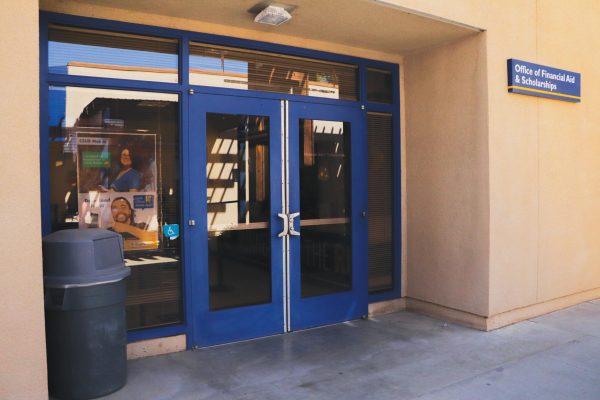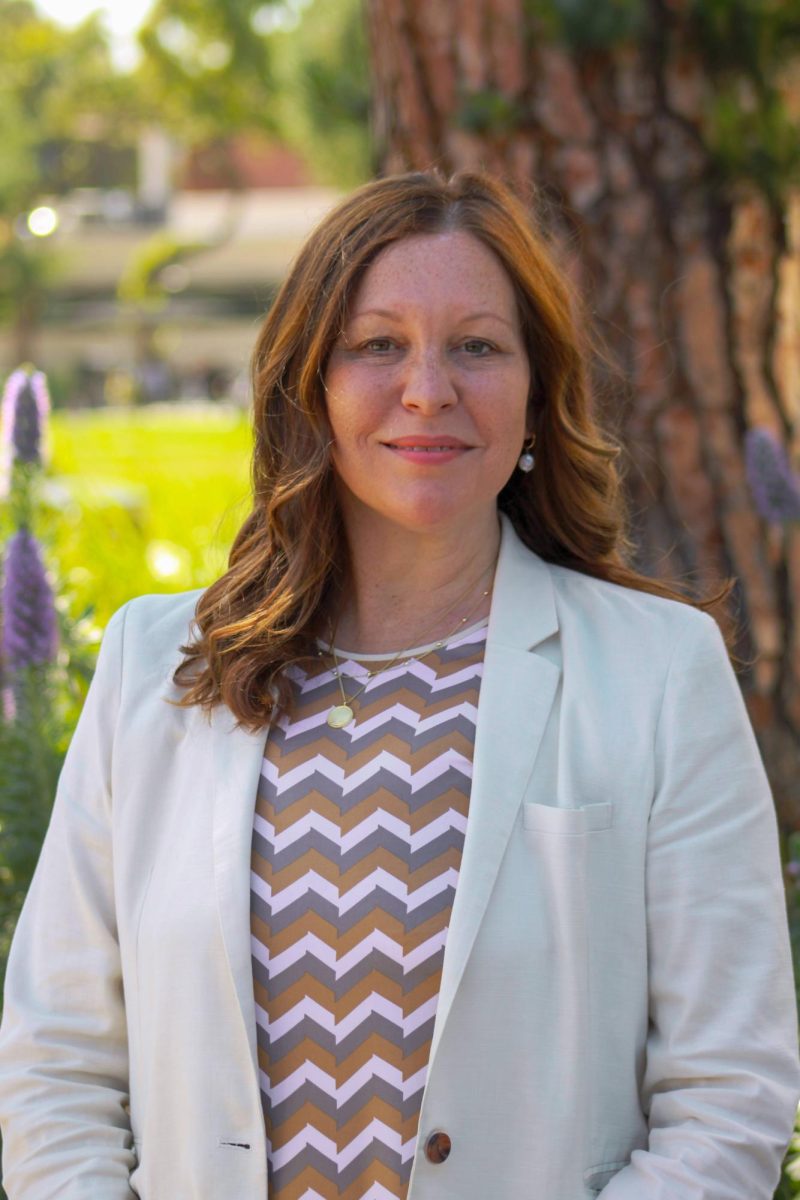
The Free Application for Federal Student Aid, or FAFSA, is usually available on Oct. 1 each year, but the 2024-25 application won’t be available until December 2023.
The Office of Financial Aid & Scholarship has yet to set an exact date because it is a federal decision, and the office is waiting for the U.S. Department of Education to inform universities when the application will open.
The delay is due to changes to the form and the application process.
“The FAFSA Simplification Act represents a significant overhaul of the processes and systems used to award federal student aid starting with the 2024-25 award year,” according to The Federal Student Aid website.
The upcoming change will be the most significant change in the U.S. Department of Education’s application process in the last 40 years.
“Through the years, there were complaints and concerns from students that it is difficult to complete the application,” Chad Morris, director of financial aid and scholarship for California State University, Bakersfield, said.
The goal is to reduce the number of questions and make it easier for students to complete the form.
“They are changing the application itself and they are removing some components of the application. They’ve added some components to the application and they are changing the methodology on how to determine the extent of financial aid,” Christine Lopez, the associate director of Financial Aid & Scholarship, said.
One significant change is replacing the Expected Family Contribution (EFC) with the Student Aid Index (SAI). This is a change in the methodology used to determine the amount of financial aid. With the new method, the form does not consider the family size, it is using other rules to see if a student is eligible.
According to the Federal Student Aid website, another change is the expansion of access to Federal Pell Grants, the largest federal grant program offered to undergraduate students. The purpose of the Pell Grant is to assist students from low-income households who display financial need through the FAFSA. It does not have to be repaid, except under certain circumstances.
Now, incarcerated students in federal and state penal facilities can receive a Federal Pell Grant.
The U.S. Department of Education will also remove some questions from the form, such as about the applicant’s gender, race, and drug convictions. The form will be expanded to the 11 most common languages spoken by English language learners, and applicants who cannot provide parental information will be able to complete the form.
According to Lopez, there are a lot of changes in the application process that started a few years ago. For example, one change that was already made is the removing of selective service questions. There has been a slight change each year, and by January 2024, the entire application should be changed.






